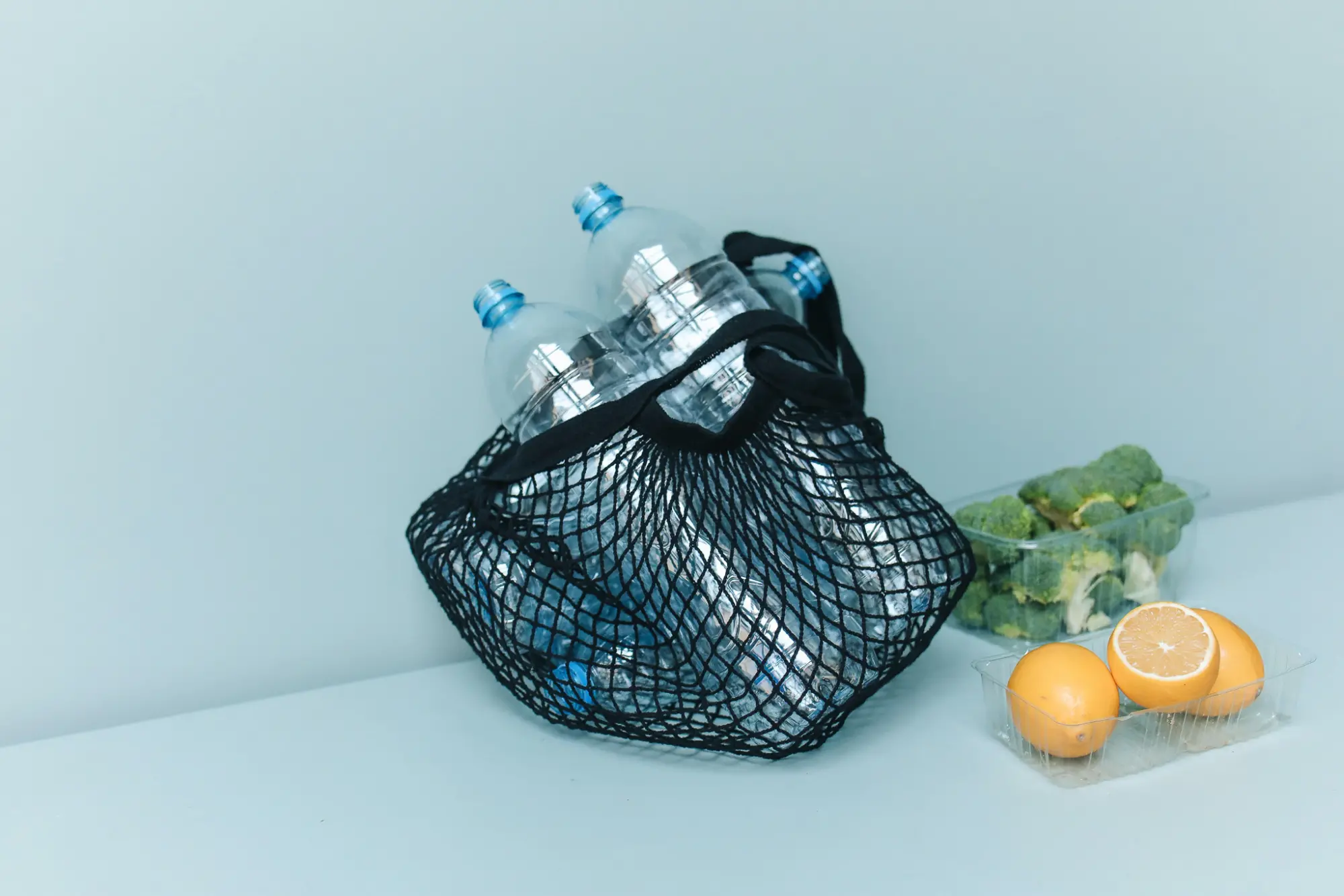Do you work within hospitality and foodservice and want to have a better understanding of your supply chain impact as well as the environmental footprint of the food you serve? Today we speak to our sustainability lead here at Nutritics, Laura Kirwan, who gives an introduction to Net Zero and provides some useful tips for businesses to start their environmental journey…
“We know that even with the current cost-of-living issues, consumers are increasingly conscious around the environmental impact of their food choices, both in supermarkets and when eating out of the home. In fact, one in five UK consumers have checked a venue’s commitment to reducing greenhouse gas emissions when eating out, and this looks likely to increase over the next five years.
“The hospitality industry is facing many of its own challenges at present but working to support a sustainable food chain with reduced water usage is a key priority in the years ahead, as the need for positive environmental action becoming even more imperative.
“As part of the Government’s Green Finance Strategy, which has been introduced to help the UK achieve its commitment of net zero greenhouse gas emissions by 2050, large companies will be required to report on their sustainability disclosures from 2024, with further requirements, covering more companies, likely to be introduced in the coming years. But what exactly is Net Zero? Simply put, achieving net zero is when the amount of greenhouse gas produced is equal to or less than the amount we remove from the atmosphere.
“However, before foodservice businesses can begin their journey to Net Zero, they need to first understand the carbon footprint and water usage of their food supply chain. This is where Foodprint from Nutritics can help.
“Foodprint helps hospitality and foodservice businesses gain visibility over the carbon footprint and water usage of their supply chain, understand the impact of their purchasing and how any changes made are affecting the environment. Our software then allows companies to communicate the environmental impact of foods and dishes to consumers through labels, menus and digital displays, allowing consumers to make informed choices relative to planetary boundaries.
“In order to make any substantial progress against climate change, we need progressive, robust and transparent technology, which tracks emissions in real time to inform strategic climate action – we don’t have time to get this wrong. Empowering consumers to make informed dietary choices is another important element in the transition to healthy and sustainable diets, and we are excited to see how Foodprint can contribute to climate action from both the company and consumer end.”
About Laura
Laura Kirwan, holds a PhD from UCD in sustainable diets and is the vice-Chair of the Sustainable Health Systems committee in the European Health Parliament, in addition to working as a consultant with the European Food Information Resource (EUROFir).
